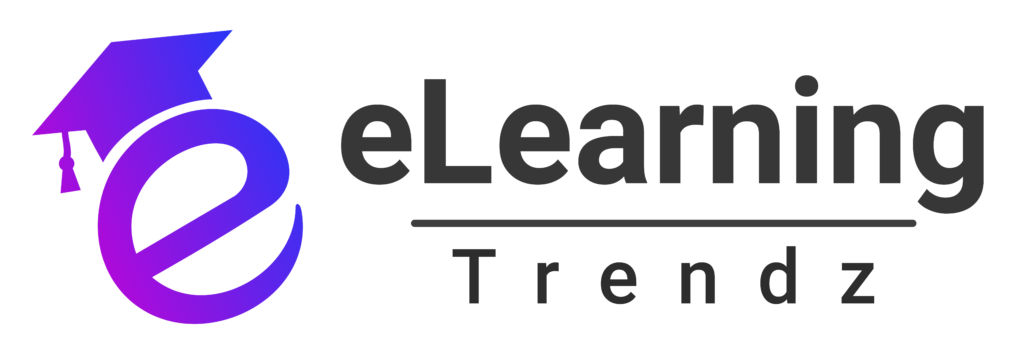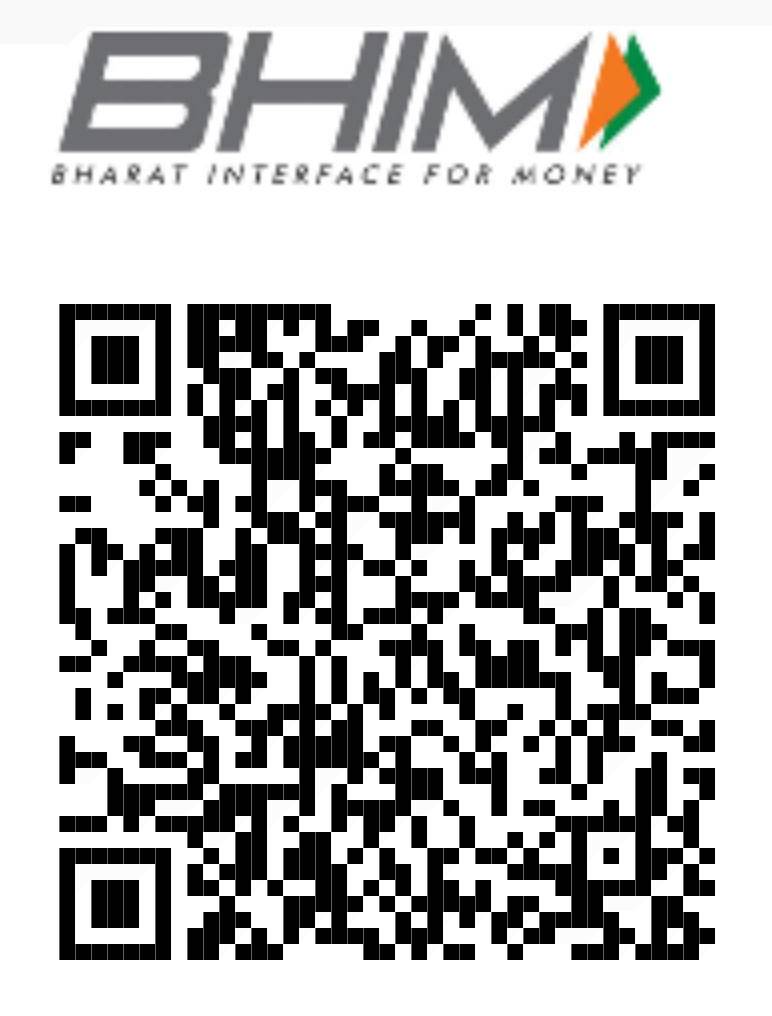The healthcare industry is evolving rapidly, with new treatments, technologies, and regulations emerging frequently. For healthcare professionals to stay at the forefront, continuous training is crucial. Learning Management Systems (LMS) are proving to be a game-changer in the healthcare sector, enhancing medical training and ensuring compliance with regulatory standards. In this blog, we’ll explore how an LMS for healthcare can streamline training processes, improve learning outcomes, and help medical organizations meet the ever-growing demands for compliance.
What is an LMS for Healthcare?
A Learning Management System (LMS) is a digital platform used to deliver, track, and manage educational content. In healthcare, an LMS is specifically designed to meet the unique training needs of medical professionals, such as doctors, nurses, pharmacists, and support staff. These systems enable the delivery of courses, certifications, and compliance training in an efficient, scalable, and measurable way.
With the healthcare industry constantly evolving, the need for effective training tools has never been greater. An LMS for healthcare can provide tailored learning solutions that address the specific regulatory, technical, and operational challenges faced by healthcare professionals.
The Need for Medical Training in Healthcare
Training in healthcare is essential for several reasons. The healthcare sector is heavily regulated, requiring healthcare workers to keep up with certifications, continuing education, and new procedures. In addition to meeting compliance requirements, healthcare training also improves patient outcomes, enhances employee performance, and ensures a safe working environment.
- Regulatory Compliance: Healthcare organizations must comply with numerous regulations and standards, such as HIPAA (Health Insurance Portability and Accountability Act), OSHA (Occupational Safety and Health Administration), and others. Regular training is essential to ensure that staff understand and adhere to these regulations.
- New Technologies and Practices: Advances in technology and medical procedures require ongoing education for healthcare workers to remain proficient and provide the best care.
- Patient Safety and Quality of Care: Continuous training ensures that healthcare professionals are equipped with the knowledge and skills to deliver high-quality care, minimizing errors and improving patient outcomes.
How LMS for Healthcare Improves Training
LMS platforms are transforming how medical training is delivered in several ways, making the process more efficient, accessible, and personalized. Here’s how:
- Centralized Training and Certification
An LMS for healthcare centralizes all training materials in one accessible platform. Whether it’s regulatory compliance courses, medical procedures, or new healthcare technologies, an LMS enables organizations to manage, track, and update training materials with ease. Healthcare professionals can complete courses online, saving time and reducing the need for in-person training sessions. Additionally, certifications and records of completion are automatically stored, ensuring that employees remain compliant with industry standards.
- Personalized Learning Paths
An LMS allows healthcare organizations to create personalized learning paths for each employee based on their role, experience, and goals. For example, a nurse may need different training than a surgeon or an administrative staff member. With an LMS, medical professionals can take relevant courses tailored to their specific needs, improving engagement and retention of knowledge.
- Scalability and Accessibility
Healthcare organizations, especially large hospitals and medical centers, need to train hundreds or even thousands of employees across multiple locations. An LMS provides a scalable solution, allowing organizations to train staff efficiently at any location, at any time. Online courses can be accessed from desktops, tablets, or smartphones, enabling healthcare workers to complete training during off-hours or breaks, ensuring minimal disruption to their work schedules.
- Real-Time Monitoring and Reporting
With an LMS, healthcare administrators can track the progress of their staff in real time. Managers can monitor course completion rates, identify employees who need additional support, and ensure that training is up-to-date with the latest healthcare standards. This data-driven approach improves accountability and ensures that staff are always ready to meet regulatory requirements.
- Interactive Learning Methods
An LMS in healthcare often includes a variety of interactive learning tools, such as simulations, quizzes, videos, and case studies. These tools enhance engagement and help healthcare workers understand complex medical concepts more effectively. Interactive training not only aids in knowledge retention but also prepares employees for real-life scenarios they may encounter in a clinical setting.
How LMS Supports Healthcare Compliance
Compliance is a major focus for the healthcare industry, and failure to meet regulatory standards can result in penalties, fines, or even the loss of accreditation. An LMS plays a vital role in ensuring that healthcare organizations maintain compliance with both federal and state regulations. Here’s how:
- Automated Compliance Training
An LMS automates the process of delivering compliance training, ensuring that healthcare staff remain up to date with the latest regulatory changes. The system sends reminders and alerts when it’s time for employees to complete their required courses or renew certifications, helping organizations avoid compliance lapses.
- Audit Trails and Documentation
Healthcare organizations are often required to keep extensive records of employee training to demonstrate compliance with industry regulations. An LMS automatically logs training activities, including course completion dates, assessment scores, and certifications earned. This comprehensive documentation is essential for audits and helps organizations prove that they meet regulatory requirements.
- Certifications and Accreditation Tracking
Healthcare professionals are often required to maintain specific certifications and licenses. An LMS can track these certifications and notify employees when it’s time for renewal. The system can also ensure that the organization’s overall training program meets the standards set by accrediting bodies, such as The Joint Commission or the Accreditation Council for Continuing Medical Education (ACCME).
The Future of LMS in Healthcare
As healthcare continues to advance, the role of LMS platforms will only grow. With the integration of artificial intelligence (AI), machine learning (ML), and virtual reality (VR), future LMS systems will provide even more personalized and immersive training experiences. AI-driven analytics will allow healthcare organizations to predict training needs, and VR simulations will provide hands-on learning experiences in a safe, controlled environment.
Moreover, LMS platforms will continue to evolve to meet the unique needs of healthcare professionals in a rapidly changing industry. The ability to offer flexible, on-demand training will empower healthcare workers to remain compliant, knowledgeable, and prepared for the challenges ahead.
Conclusion
LMS for healthcare is a powerful tool that enhances medical training, ensures compliance, and improves patient outcomes. By streamlining the training process, offering personalized learning paths, and automating compliance tracking, LMS platforms allow healthcare organizations to provide high-quality education to their staff in an efficient and scalable way. As the healthcare industry continues to evolve, embracing an LMS solution will ensure that organizations remain competitive, compliant, and capable of delivering the best care possible.
If you’re looking to enhance medical training and compliance in your healthcare organization, consider adopting an LMS tailored to the unique needs of the healthcare sector. With the right system in place, your team will be well-equipped to tackle the challenges of modern healthcare, now and in the future.










